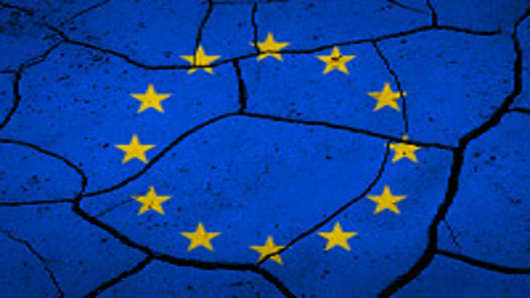After two days here at the Barefoot Economic Summit, if I have learned anything about the situation in Europe it is that its incredibly complex. Despite the significant cerebral power of those in attendance, even if one adheres to a likely scenario of events, the outcome of the euro zone debt crisis is still impossible to predict.
As one gloomy participant summed it up: "We are talking about the end of an entire financial infrastructure and I don't see anyone making money from [the demise of the EU]."
While there is a divergence of opinion on how and whether the European Union will come through this crisis, that divergence only extends from those who are pessimistic to those who are expecting utter catastrophe.
And so I leave you not with answers, but with questions:
How do you establish a euro-zone-wide deposit insurance scheme, keep the banks funded, and find buyers for other EU member's bonds if Greece defaults (a widely assumed outcome)?
If the European Financial Stability Facility, which functions like a bank to provide loans to euro-zone members who have economic difficulties, issues bonds to fund itself, why won't it simply crowd out the very nations it is trying to help by stopping would be buyers of their bonds?
If the European Central Bank (ECB) is thought to be a key to any solution, what will it do when it is currently precluded from printing money by the German constitution?
What are the true second order effects of a Greek default?
Can the ECB be a significant buyer of Italian debt when it's run by an Italian?
How do you recap the banks?
Those are but a few of the questions. The answers are yet to come.
Follow David on Twitter: @DavidFaberCNBC
Questions? Comments? Write to faberreport@cnbc.com.



